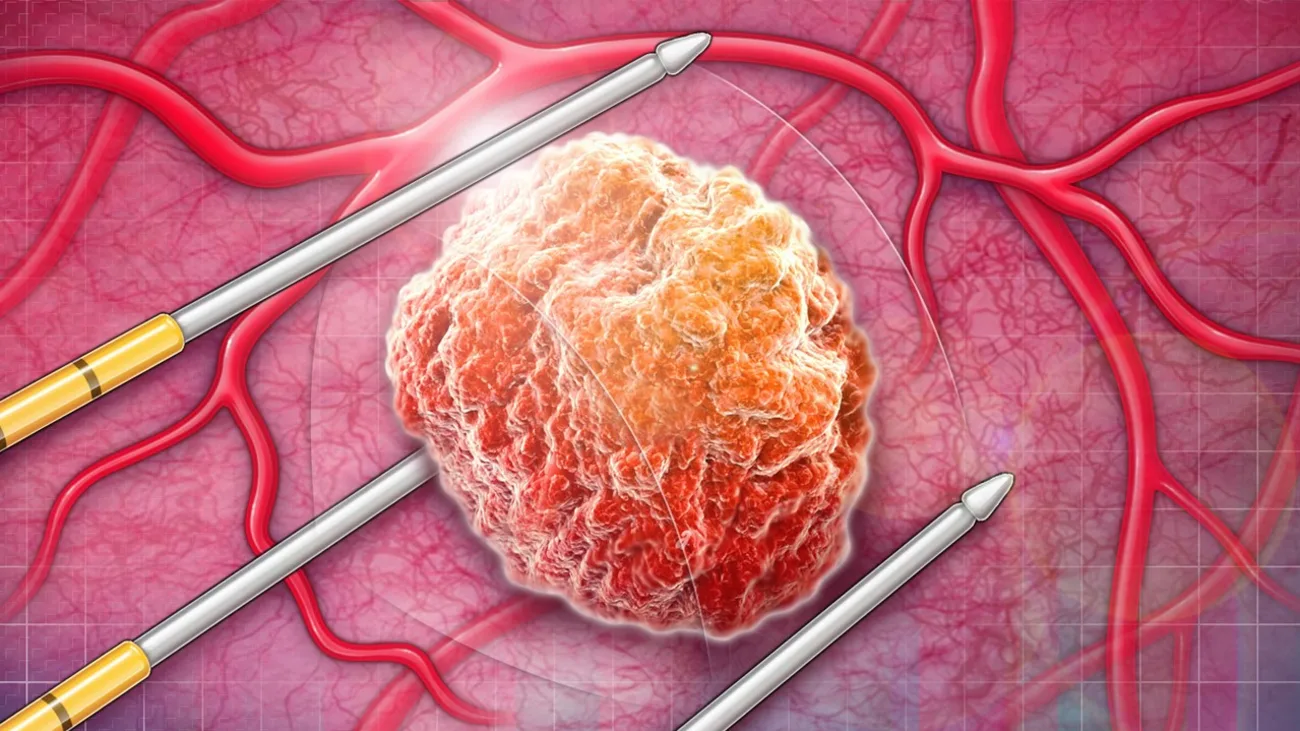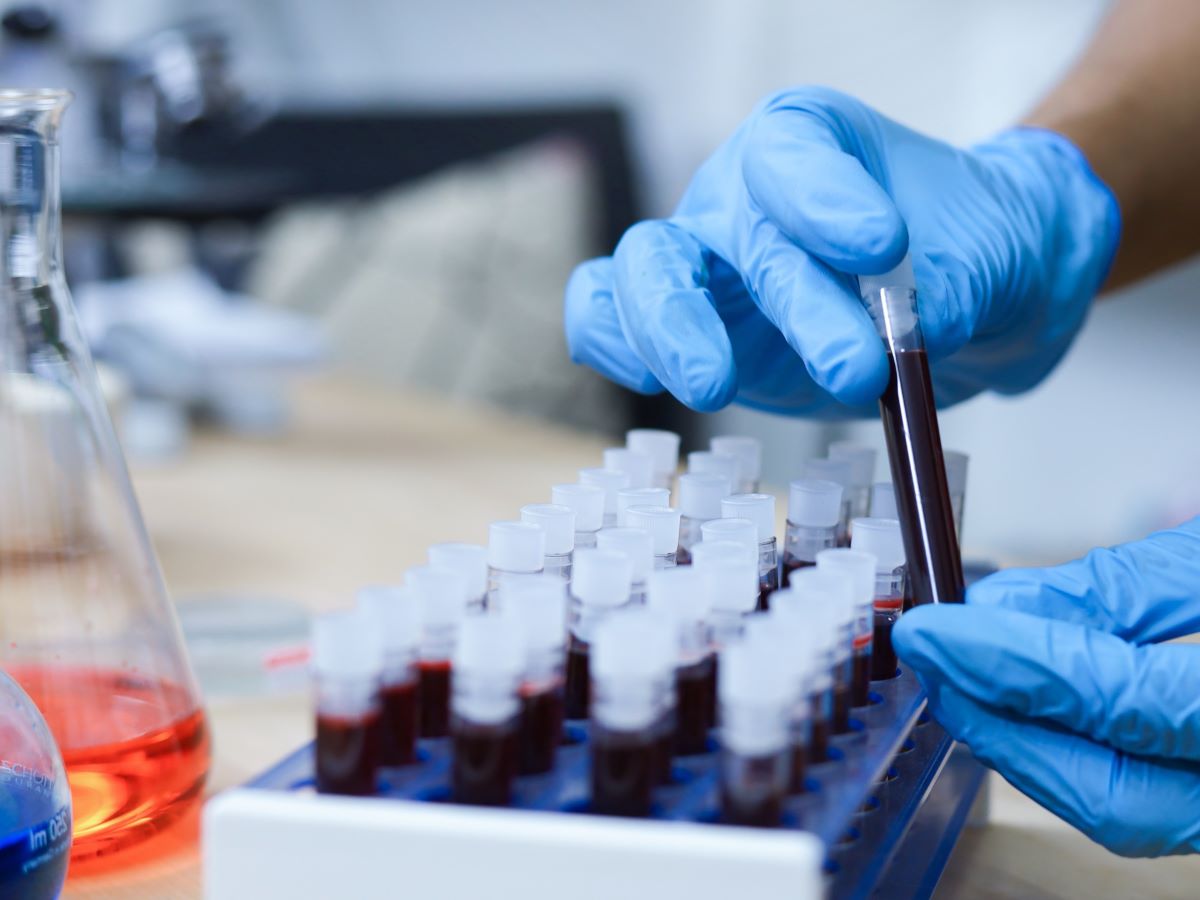A “breakthrough” test utilizing dried blood samples could potentially detect prostate cancer in 15 minutes or less, according to scientists.
Researchers at Aston University have developed a novel method that examines crystal-like structures in dehydrated blood samples.
Professor Igor Meglinski, from the university’s Aston Institute of Photonic Technologies, stated that this non-invasive technique can detect prostate cancer with up to 90 percent accuracy, even before symptoms appear.
He remarked, “This breakthrough opens new avenues for cancer diagnosis and monitoring, representing a substantial leap forward in personalized medicine and oncology.”
Currently, there is no national screening program for prostate cancer, and the standard blood test, which measures levels of prostate-specific antigen (PSA), lacks sufficient accuracy.
Additional tests, such as rectal exams and tissue biopsies, are often necessary to diagnose the disease, but these can be uncomfortable and invasive.
In the study, the team analyzed 108 dried blood smear samples from both healthy volunteers and those with prostate cancer.
The researchers employed a technique called new polarization-based image reconstruction to examine the protein structures within the blood samples.
They focused on how these proteins change their 3D shapes and aggregate during the early stages of the disease, conducting a detailed layer-by-layer analysis of the dry blood smears.
This meticulous process is vital for identifying key differences between healthy and cancerous samples, the researchers explained.

Professor Meglinski noted that the entire procedure, including drying time, takes up to 15 minutes.
He highlighted that their findings demonstrated a 90 percent accuracy rate in early prostate cancer detection, significantly surpassing existing screening methods. He emphasized that this holds “immense potential for revolutionizing cancer diagnosis.”
He added, “Prostate cancer accounts for nearly 10 percent of cancer deaths in men and is one of the leading causes of death among older men.
However, the life expectancy of 90 percent of patients diagnosed with prostate cancer at stage 1 or 2 is 15 years or more.
By enabling earlier and more accurate detection, our blood test has the potential to significantly improve outcomes and survival rates for many patients.”
This technique relies on blood samples rather than more invasive biopsies, making it less traumatic and risky for patients, Professor Meglinski explained.
However, he cautioned that the results are preliminary, and larger clinical trials are necessary to confirm the technique’s potential.
Dr. Matthew Hobbs, director of research at Prostate Cancer UK, who was not involved in the study, commented,
“Over 10,000 men each year are diagnosed when their cancer has already spread and become incurable, which is why it’s so important that we find new and better tests for prostate cancer.
“The big issue is proving that these tests are better than what we have already. So far, this has been tested on a relatively small number of samples, so we’ll need to see more research before we can know how effective it will be.”
